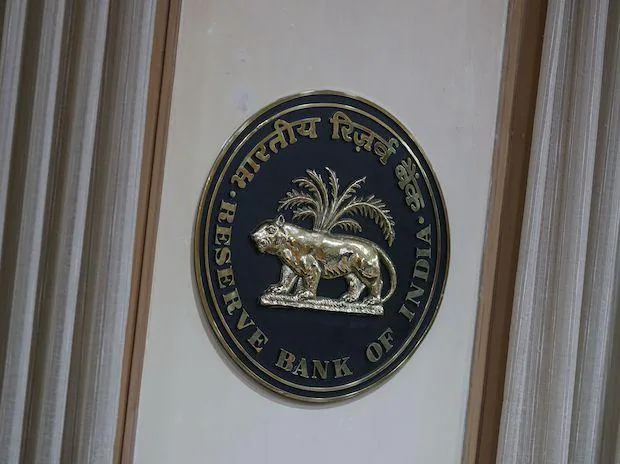[ad_1]
Surplus liquidity in the banking system as measured by absorption of excess funds by the Reserve Bank of India (RBI) fell sharply at the end of the last week due to outflows on account of advance tax payments.
According to the RBI data, the net liquidity absorbed by the central bank on September 16 was at Rs 3,243.57 crore, much lower than the average of Rs 56,809.92 crore in the preceding four days of the week.
The average absorption of funds by the RBI so far in September is at Rs 1.13 trillion, against the average of Rs 1.2 trillion in the previous month, the data showed.
Surplus liquidity in the banking system has been decreasing sharply for the past couple of months due to the RBI’s hefty interventions in foreign exchange market and a sharp pick-up in credit growth.
The RBI’s average daily absorption of excess liquidity was at Rs 3.8 trillion during June-July against Rs 5.5 trillion in May and Rs 7.4 trillion a month ago.
When the RBI sells dollars in the currency market in order to prevent excessive volatility in the exchange rate, the central bank sucks out rupee liquidity.
“A sharp deterioration in banking system liquidity was largely expected. The average liquidity has come down to Rs 70,000-80,000 crore compared to Rs 6 trillion in Q4FY22. The average is expected to come down further driven by sustained BOP deficit and expected pick up in cash in circulation amid festive season,” Soumyajit Niyogi, director at India Ratings & Research, told Business Standard.
“With the expectation of high demand for credit, the pressure on banking system liquidity does not augur well, especially when the overall uncertainty is very high. I believe the RBI will be keener to look at durable liquidity, so they will conduct more long term repos,” he said.
According to the latest data, the credit growth of commercial banks is at a near nine-year high of 15.5 per cent year-on-year for the week ended August 26. Deposit growth lags far behind at 9.5 per cent.
The corporation advance tax mop-up in July-September increased 10.2 per cent to Rs 1.49 trillion, against Rs 1.35 trillion in the year-ago period. Advance personal income tax collection, on the other hand, is 9.5 per cent higher at Rs 43,358 crore, against Rs 39,592 crore a year ago.
Advance tax is paid as and when the money is earned in four instalments, rather than at the end of the fiscal year.
The first instalment, or 15 per cent of advance tax, is to be paid by June 15, the second by September 15 (30 per cent), the third by December 15 (30 per cent), and the rest by March 15.
“Advance tax outflows have been responsible for the latest round of liquidity tightness. We may see liquidity tighten further on GST outflows and festive season cash withdrawals as well. Liquidity tightness is likely to persist till the government draws down its cash balances with RBI,” IFA Global’s CEO Abhishek Goenka said.
“Overnight call money rates had shot up to 5.8 per cent today i.e. 40 basis points above the repo rate, the highest since 2019. These were trading well below the repo rate when the system liquidity was in surplus. Higher call fixings have also been lately responsible for the OIS curve getting repriced higher,” he said.
[ad_2]
Source link



